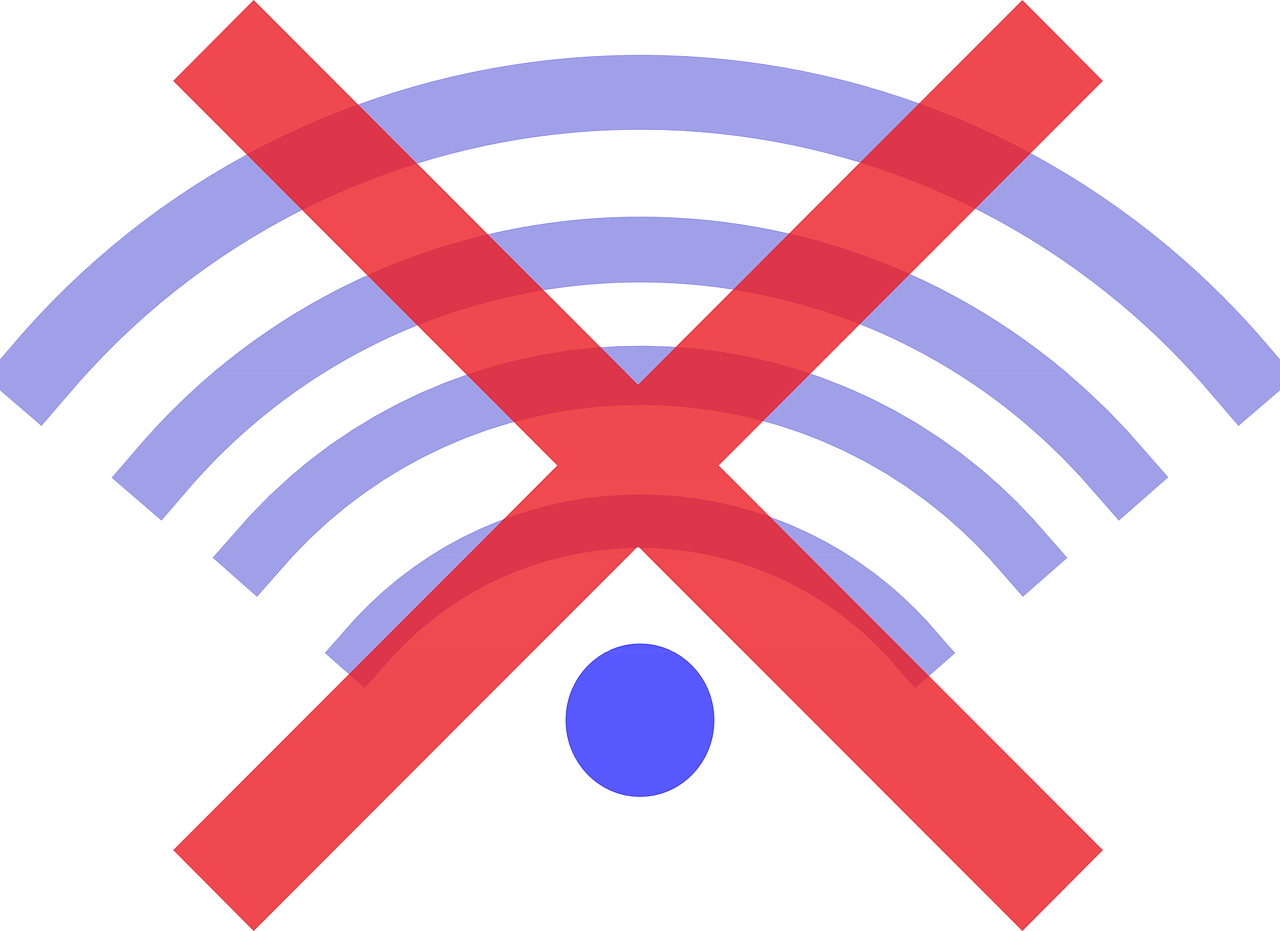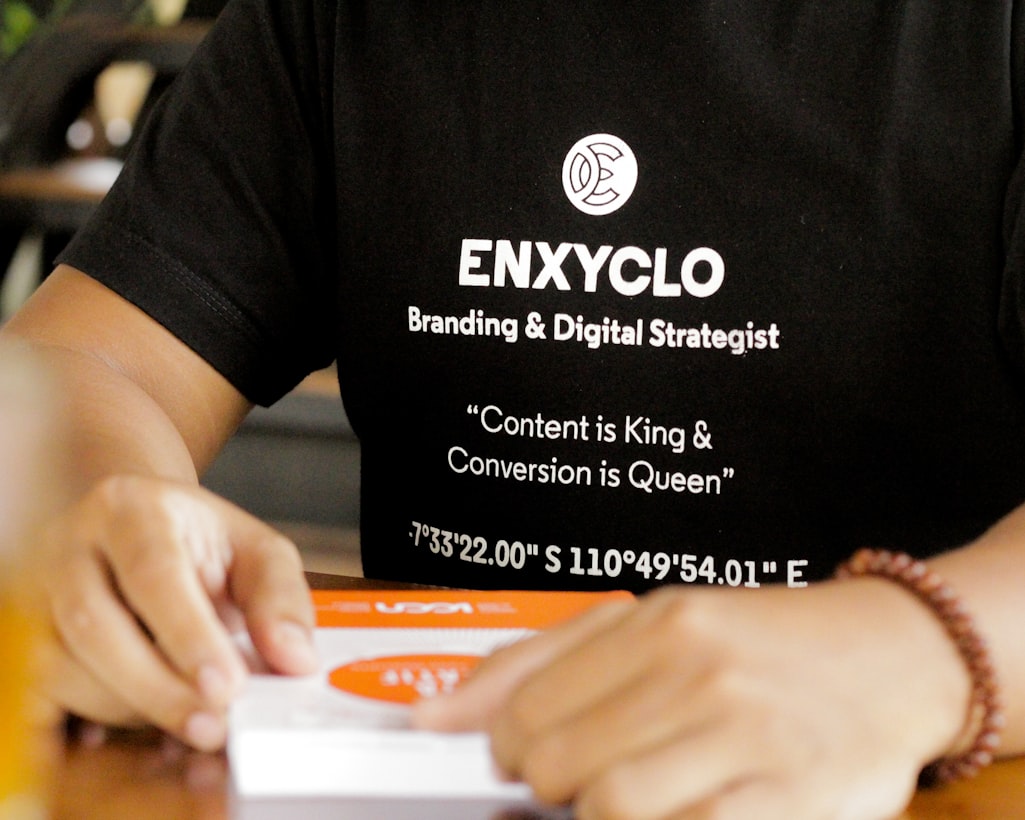It’s 2022, so we are all about digitalization and online marketing for events. Sure, using social media platforms, influencers, and other tactics on the web can bring you effective results. So, it might be tempting to rely entirely upon these digital channels.
However, using offline strategies can further boost your event marketing campaign. Regardless of age, gender, or race, people trust one another. See, word of mouth is still one of the top marketing strategies. According to Semrush, it drives five times more sales than paid ads. Better yet, it accounts for approximately 13% of total sales, responsible for around $6 trillion in annual global spending.
In other words, this and other offline strategies hold great potential for marketing your event. Here are some tested ideas and tips to try and incorporate in your next campaign.
Top 3 Ideas For Offline Marketing For Events In 2022
The rule of thumb is, not all offline event promotion strategies will work for all events. That’s just how it is. There’s no one-size-fits-all in marketing.
When it comes to marketing for events, it’s best to establish your target market first. The most important question, at this point, is, who are you pitching to or trying to reach? Once you have the answer, you can mix and match the following methods as you see fit to achieve your organization’s goals.
The Classic Business Cards
Business cards have been around for a while. They are an excellent tactic for marketing for events since they can quickly inform the market and potential customers of your business. In fact, about 27 million business cards are printed each day, which is almost 10,000,000,000 billion per year, and it’s for a reason.
If you have a business card with a unique design and valuable information, you can easily set your brand apart from the competition. Still, it should be simple and not overwhelming with information. Keep in mind, the point of a business card is to inform and direct clients to your physical location or online website/shop.
So, make sure to include your personal/business name, email, phone number, website, or social media platforms. Also, try to remain consistent when it comes to brand colors, logos, and overall values. After all, these designs will stick with the market for quite a while. So, you might as well use this to your advantage.
Another great tip is to leave the business cards at strategic locations or even hand them out. When someone has your contact details, they can easily contact you in the future if they ever need your professional help.
Walking And Talking Advertisements
Using branded clothes is one of the best strategies for marketing for events. Take, for instance, Nike. People worldwide wear the brand and further promote it to whoever passes by them. Think about it, how many times have you seen the logo ‘Just Do It,’ and thought to yourself, I should get this T-shirt for myself as well.
If you decide to give out free stuff, you should also think of quality. The merchandise should be stylish and not look cheap. It should also demonstrate some value and be linked to the upcoming event.
That’s about walking advertisements, but what about talking? At this point, we are referring to hiring brand ambassadors. Sure, influencers primarily advertise online, using social media platforms. However, their role doesn’t end there.
If you find influential people from your community, you can easily “sell” to their audience. Their followers will like to attend the same event as their idol. Furthermore, when the locals see your influencer of choice at the event, they will also stop by.
Promo Trade Shows And Pop-Ups
While the previous two strategies didn’t imply high costs, this one might require a bit of investment.
You can host promo trade shows to meet with your clients, vendors, suppliers, potential partners, and other third parties. On this occasion, you can promote your brand or products and gain valuable insights into the industry trends and market demands.
As mentioned earlier, marketing for events is a flexible strategy. So, at this point, you can go for giveaways, competitions, workshops, present your products/services, or anything else that makes your brand stand out.
Furthermore, if you are an entrepreneur or a start-up, you can attend industry trade shows instead. They will help you spot what the competition is doing, yet another source of competitive advantage.
Now, what happens when your audience doesn’t come to your promo trade shows? Well, it’s pretty straightforward – then, you go to them, using the pop-up technique.
All you need is permission. Then, you can pop up a tent or booth anywhere you see fit. It can be somewhere random yet convenient for your target audience, such as a place with high foot traffic.
A great tactic at this point is to entice your customers. For instance, if you have a beauty-related shop, you can give out free samples. Also, you can use free food and drinks or a friendly and entertaining team presenting your products.
The most important thing at this point is to match the pop-up with your upcoming event. It should serve as an announcement of what is about to come.
Online Vs. Offline Marketing For Events – Concluding Remarks
The days when we could find everything we needed in a newspaper are long gone. Instead, today, over 51% of smartphone users point out that they use their devices to discover new companies and products. No doubt, times have changed.
But even though we can find anything with only a few taps on our mobiles, businesses sometimes need to step offline. After all, globalization also imposes new challenges and increased competition for companies. Here’s where real-life marketing for events comes into play. They can help brands gain additional exposure and improve their reputation within their communities.
As you can see, both online and offline event marketing strategies have their respective pros and cons. So, the best-case scenario is to use and combine both. While online marketing can help you tap into the global customer base, offline strategies can prevent you from looking like a “faceless machine.”







